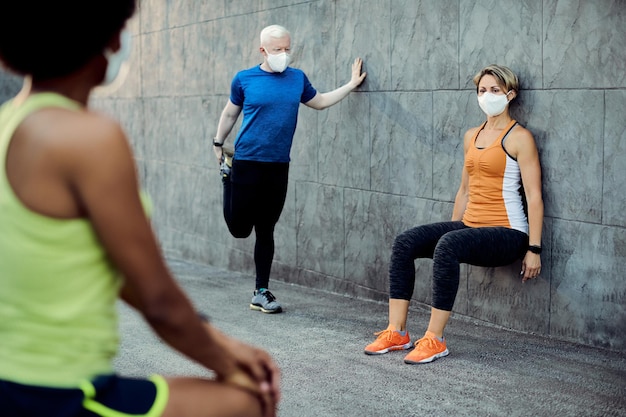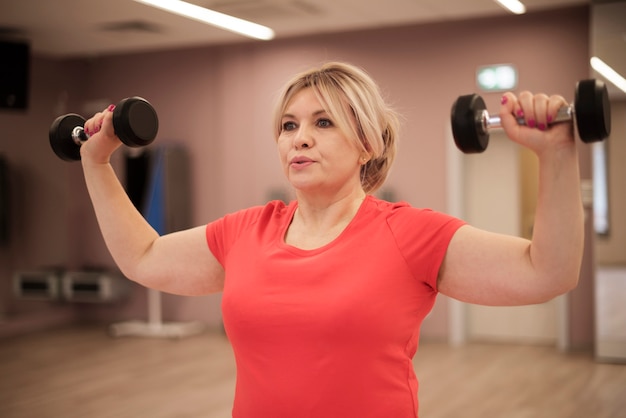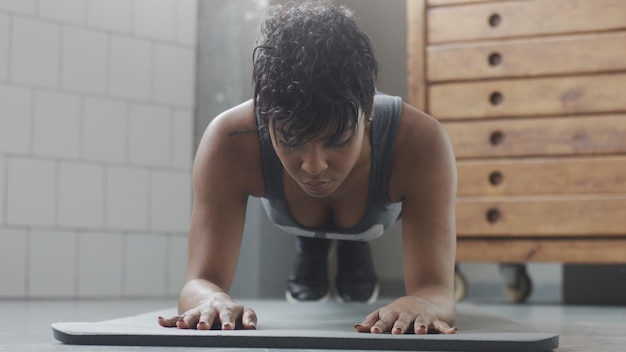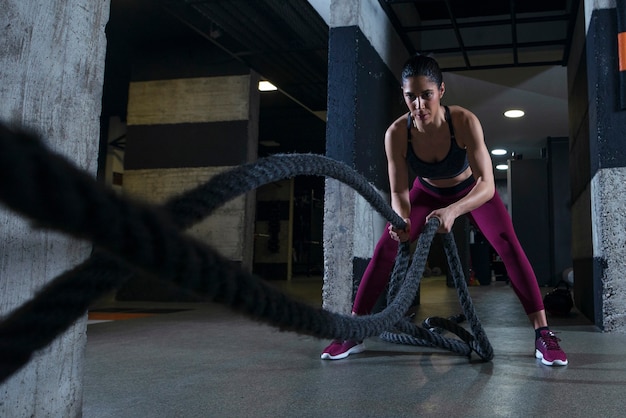Why Sports Performance Matters for Busy Professionals
Between meetings, deadlines, and family commitments, staying physically active can feel like a luxury. Yet, consistent sports performance training isn’t just for athletes—it’s a vital tool for professionals aiming to boost energy, reduce stress, and improve mental clarity.
High-performance fitness enhances cardiovascular health, builds muscular endurance, and sharpens focus. When structured efficiently, it complements a demanding lifestyle instead of competing with it.

The Complete Weekly Sports Performance Checklist
Use this structured, time-efficient checklist to stay on track—even with a packed calendar. Each component is designed to maximize results with minimal time investment.
Weekly Targets at a Glance
- Strength Training: 2–3 sessions (30–45 min each)
- Cardiovascular Conditioning: 3 sessions (20–30 min each)
- Mobility & Flexibility: Daily (10–15 min)
- Active Recovery: 1–2 days (light walk, yoga, or foam rolling)
- Sleep: 7–8 hours nightly
- Nutrition: Balanced macros, hydration (2.5–3L water/day)
Daily & Weekly Action Plan
1. Strength Training (Mon, Wed, Fri or Tue, Thu, Sat)
Focus on compound movements that deliver maximum impact in minimal time: squats, deadlifts, push-ups, rows, and overhead presses. Perform 3–4 sets of 8–12 reps with controlled form.
Tip: Use supersets (pairing opposing muscle groups) to cut workout time by 25% without sacrificing intensity.
2. Cardiovascular Conditioning
Alternate between steady-state cardio (e.g., brisk walking, cycling) and high-intensity interval training (HIIT). HIIT sessions (15–20 min) are especially effective for busy schedules and improve VO2 max efficiently.
Weekly Example: 1 HIIT session, 1 moderate run or cycle, 1 sport-specific drill (e.g., agility ladder, shuttle runs).
3. Mobility & Flexibility
Daily mobility work prevents injury and enhances performance. Dedicate 10 minutes each morning or post-workout to dynamic stretching and joint activation.
Key Moves: Hip circles, shoulder rolls, cat-cow, leg swings, and thoracic spine rotations.

4. Recovery & Regeneration
Recovery is where adaptation happens. Prioritize sleep, hydration, and active recovery. Use foam rolling or massage tools 2–3 times per week to release muscle tension.
Safety Reminder: Never skip warm-up and cool-down. A 5-minute dynamic warm-up reduces injury risk by up to 30%.
Nutrition: Fuel for Peak Performance
Busy professionals often overlook nutrition, but it’s the foundation of sports performance. Aim for balanced meals with lean protein, complex carbs, healthy fats, and plenty of vegetables.
Pre-Workout (1–2 hours before): Oats with banana and almond butter, or a chicken-rice bowl.
Post-Workout (within 45 min): Protein shake with fruit or grilled salmon with sweet potato.
Hydration Tip: Start your day with a glass of water and keep a reusable bottle at your desk.
Safety First: Injury Prevention Tips
- Always perform a dynamic warm-up before intense activity.
- Use proper form over heavier weights—quality over quantity.
- Listen to your body: distinguish between discomfort and pain.
- Progress gradually—avoid sudden spikes in intensity or volume.
- Wear appropriate footwear for your sport or training surface.
Overtraining is a real risk. Signs include persistent fatigue, irritability, and declining performance. Schedule deload weeks every 4–6 weeks to allow full recovery.

Making It Stick: Habits for Long-Term Success
Consistency beats perfection. Anchor your workouts to existing habits—like exercising right after waking or during lunch breaks. Use calendar blocking to protect workout time like any other meeting.
Track progress with a simple journal or app: note workouts, energy levels, and sleep quality. Small wins build momentum.
Finally, choose activities you enjoy—whether it’s tennis, swimming, or trail running. Enjoyment ensures long-term adherence.
Take Control of Your Performance Today
You don’t need hours in the gym to perform at your best. With smart planning, discipline, and this checklist, you can thrive both professionally and physically.
Start small. Stay consistent. Win big.















